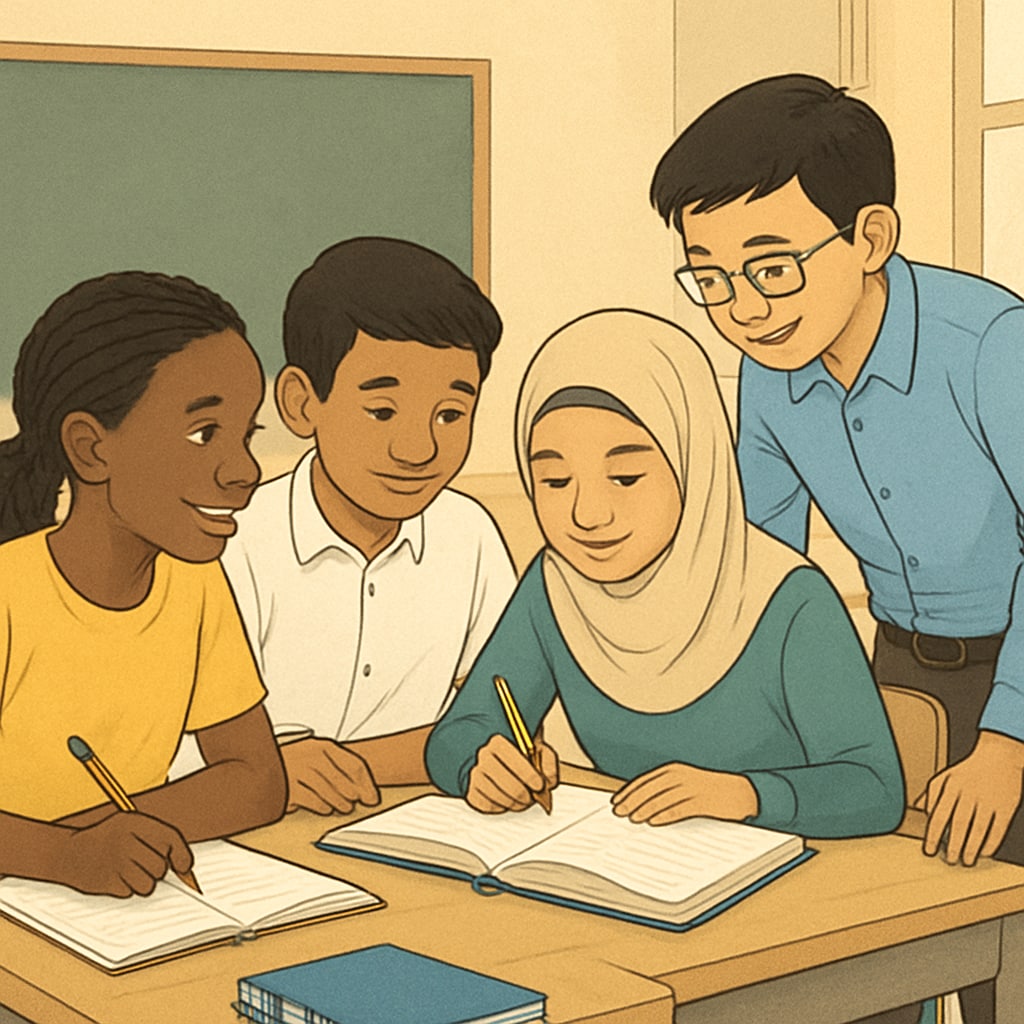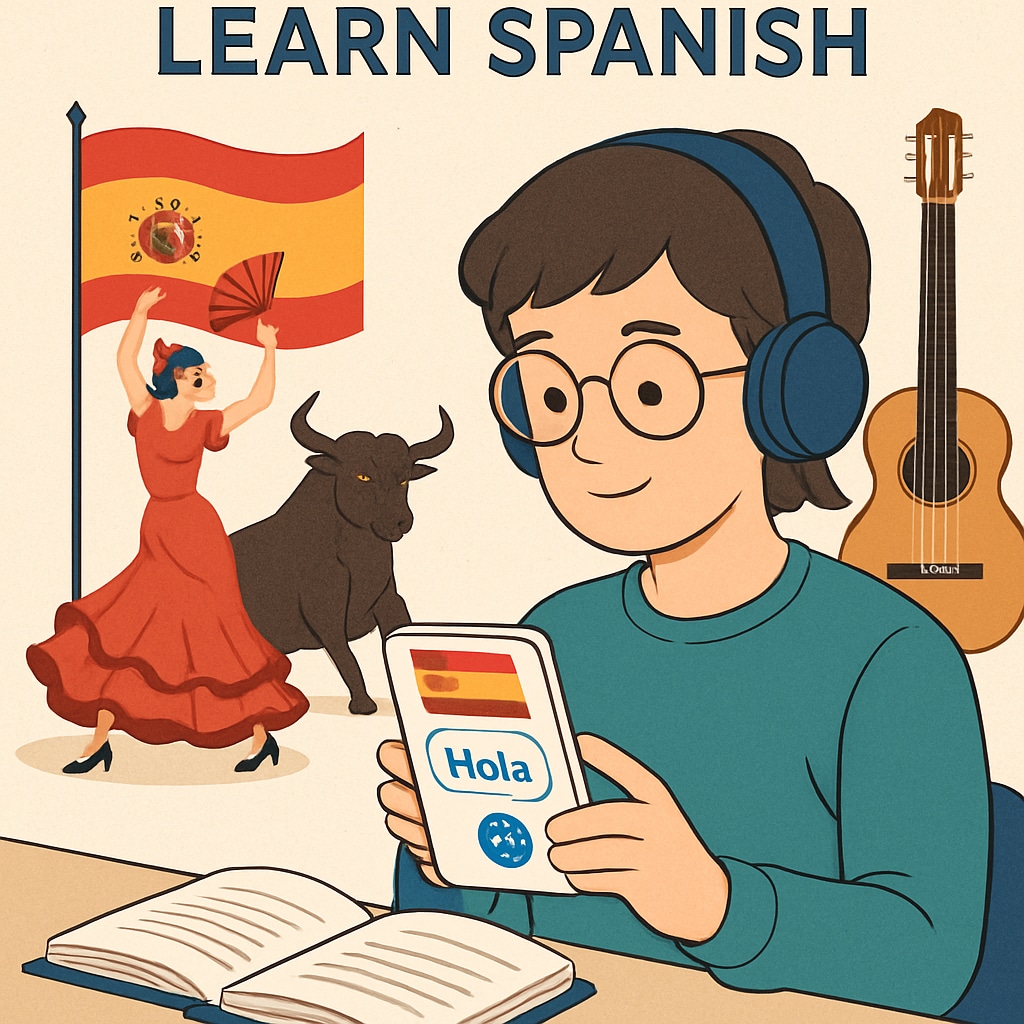As globalization accelerates, the importance of adaptability and integration becomes clear for those planning to study abroad. For Azerbaijani students considering moving to Spain for a master’s degree, the ability to navigate cultural differences and thrive in a new environment is crucial. This article examines the role of K12 education in fostering international skills through curriculum design, language acquisition, and cultural exposure, laying the foundation for future opportunities abroad.
Why Cross-Cultural Adaptability Matters for Studying Abroad
Studying abroad, particularly in a culturally rich destination like Spain, requires students to adapt to new academic systems, social norms, and linguistic challenges. Azerbaijani students who plan to pursue a master’s degree in Spain will need strong adaptability and cross-cultural skills to succeed academically and socially. Early exposure to diverse perspectives in K12 education can help them build these capabilities.
For example, integrating global history, geography, and cultural studies into the curriculum helps students understand the interconnectedness of the world. Additionally, project-based learning that emphasizes teamwork across diverse groups teaches essential communication and collaboration skills. These educational strategies prepare students to embrace new environments with curiosity and confidence.

Language Learning: A Key Pillar of International Success
Language is one of the most significant barriers faced by international students. For Azerbaijani students planning to study in Spain, proficiency in Spanish is not just an academic requirement but also a vital tool for social integration. K12 education systems can bridge this gap by introducing foreign language instruction early in a student’s academic journey.
The most effective language programs combine traditional instruction with immersive experiences. For instance, language exchange programs, where students interact with native speakers, provide authentic practice and cultural insights. Mobile applications and online platforms also offer accessible tools for mastering Spanish even before arriving in Spain.
Moreover, multilingualism develops cognitive flexibility, which enhances the ability to adapt to unfamiliar situations. As a result, students with a strong language foundation are better equipped to navigate both academic and social settings abroad.

Cultural Immersion: Beyond the Classroom
While academic preparation is essential, true adaptability comes from firsthand cultural experiences. For Azerbaijani students moving to Spain, understanding social etiquette, traditions, and daily life is crucial for successful integration. K12 education can incorporate cultural exposure through international exchange programs, virtual cultural tours, and multicultural events.
For instance, schools can host celebrations of global holidays, allowing students to experience traditions from around the world. Similarly, partnerships with international schools can facilitate student exchanges, providing immersive opportunities to live and study in another culture. These experiences cultivate empathy, respect, and adaptability—qualities that are invaluable for studying abroad.
Parents also play a significant role in fostering cultural awareness. Encouraging children to explore global literature, cuisine, and art at an early age can spark curiosity about other cultures, making them more open to new experiences later in life.
How K12 Education Shapes Global Leaders
In an increasingly interconnected world, K12 education is the cornerstone of preparing students for global challenges. By focusing on cross-cultural adaptability, language proficiency, and cultural awareness, educational institutions can empower students to thrive in diverse environments. For Azerbaijani students aspiring to study in Spain, these skills are not just beneficial—they are essential.
As students embark on their journey to Spain, the foundation laid during their formative years will guide their academic, professional, and personal success. By investing in a globally focused education, we prepare the next generation to navigate the complexities of a multicultural world with confidence and resilience.
Readability guidance: The article uses short paragraphs and lists to summarize key points. Transition words such as “for example,” “in addition,” and “as a result” ensure smooth flow. Passive voice and long sentences are minimized for clarity.


